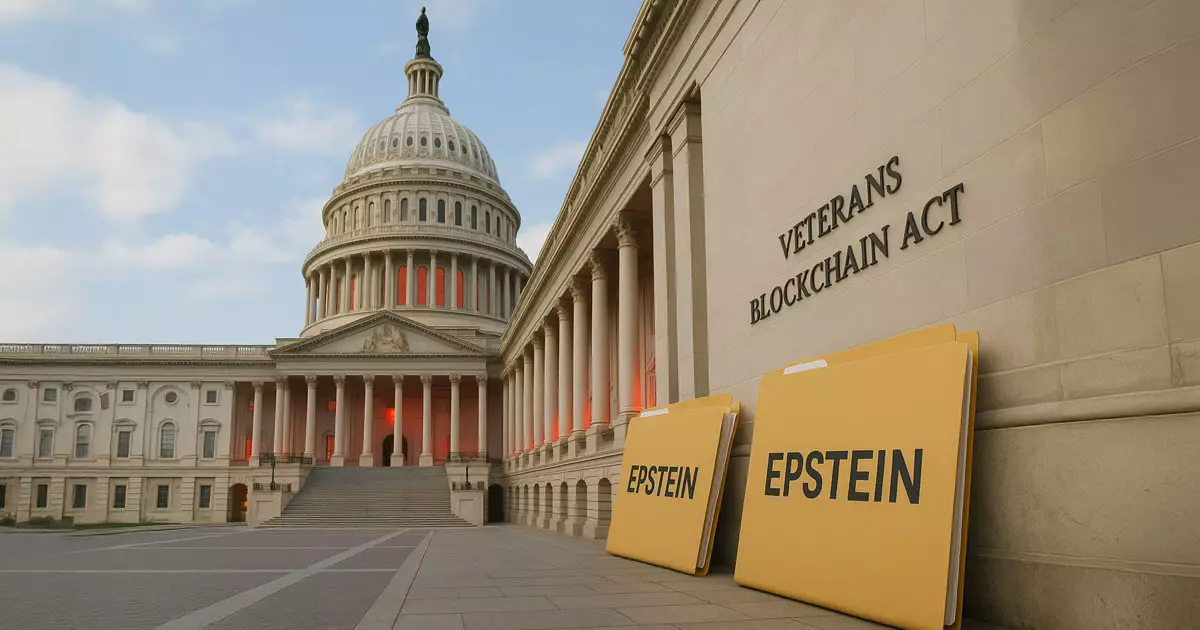The decision by the House of Representatives to adjourn a week ahead of schedule marks a precarious strategic error that could have far-reaching consequences for the nation’s economic and technological future. While political maneuvering and intra-party disagreements often demand such tactical pauses, abrupt recesses—especially ones that halt ongoing legislative efforts—risk undermining the very stability and innovation that citizens and industries rely upon. The haste to end sessions without proper resolutions on key issues, particularly those related to digital finance and government transparency, reflects a shortsighted prioritization of political convenience over pragmatic governance. It epitomizes a failure to recognize that critical policy initiatives, particularly those involving emerging technologies like blockchain and digital assets, require continuity and dedicated engagement.
When legislative bodies abandon their duties prematurely, they send a signal of disarray and indecisiveness, undermining investor confidence and delaying essential reforms. This is especially troubling given the growing importance of digital currencies and blockchain-based systems to the future economic landscape. The early adjournment indicates a lack of foresight; instead of leveraging the momentum built by bipartisan support for crypto-related bills, lawmakers have chosen to retreat into procedural dormancy, risking stagnation during a pivotal moment for financial modernization.
Impact on Technological Innovation and Regulatory Progress
The delayed legislative activity directly hampers progress in aligning regulatory frameworks with technological advancements. Bills like the GENIUS Act, which has already received Presidential approval, and others such as the CLARITY Act and the Anti-CBDC Act were poised to establish clearer boundaries between federal agencies and promote responsible innovation in the burgeoning crypto sector. But with no further votes scheduled until after September, the momentum to refine, implement, and enforce these policies stalls, leaving a cloud of uncertainty hanging over the industry.
This delay is particularly damaging as it comes at a time when regulatory clarity is most urgently needed. Industry players, entrepreneurs, and investors are navigating uncharted waters — especially with proposals that aim to define jurisdiction between the SEC and CFTC and prohibit central bank digital currencies (CBDCs). Postponing these discussions not only hampers innovation but also leaves room for regulatory vacuum, which could foster confusion and potential missteps. Dynamic markets and technological pioneers require steady legal guidance, not intermittent legislative limbo. The resulting uncertainty risks pushing these innovations overseas or into legal gray areas, where oversight and consumer protections will be weaker.
Political Calculus versus National Progress
The apparent motivation behind this early adjournment appears rooted in political calculus rather than substantive governance. The dispute over classified files related to Jeffrey Epstein was used as a catalyst for halting votes, showcasing how partisan interests and high-profile conflicts often overshadow pressing issues like technological advancement and economic security. While the House’s focus shifted away from meaningful reform, urgent work on digital taxation and blockchain applications for government services, including the Veterans Affairs blockchain pilot, remains on hold. These initiatives are not mere bureaucratic gimmicks—they are vital steps towards greater government efficiency, transparency, and fiscal responsibility.
Furthermore, this retreat risks fostering a sense of disillusionment among forward-thinking constituents and industry stakeholders who urgently seek stable, consistent policy environments. The delay in discussing digital asset tax reforms, such as exemptions for small transactions and clarification around staking and wash sale rules, exemplifies how political distractions delay the modernization of the tax system—an area crucial for fostering innovation and protecting investors.
By choosing political theatrics over governance, the House demonstrates a disregard for the country’s economic leadership and technological competitiveness. For a nation aspiring to maintain global influence in finance and technology, such vacuums in leadership are not just inconveniences—they are setbacks that could reverberate for years to come. It is imperative that Congress recognizes the long-term stakes involved and prioritizes steady, committed legislative engagement rather than retreat in the face of controversy.

